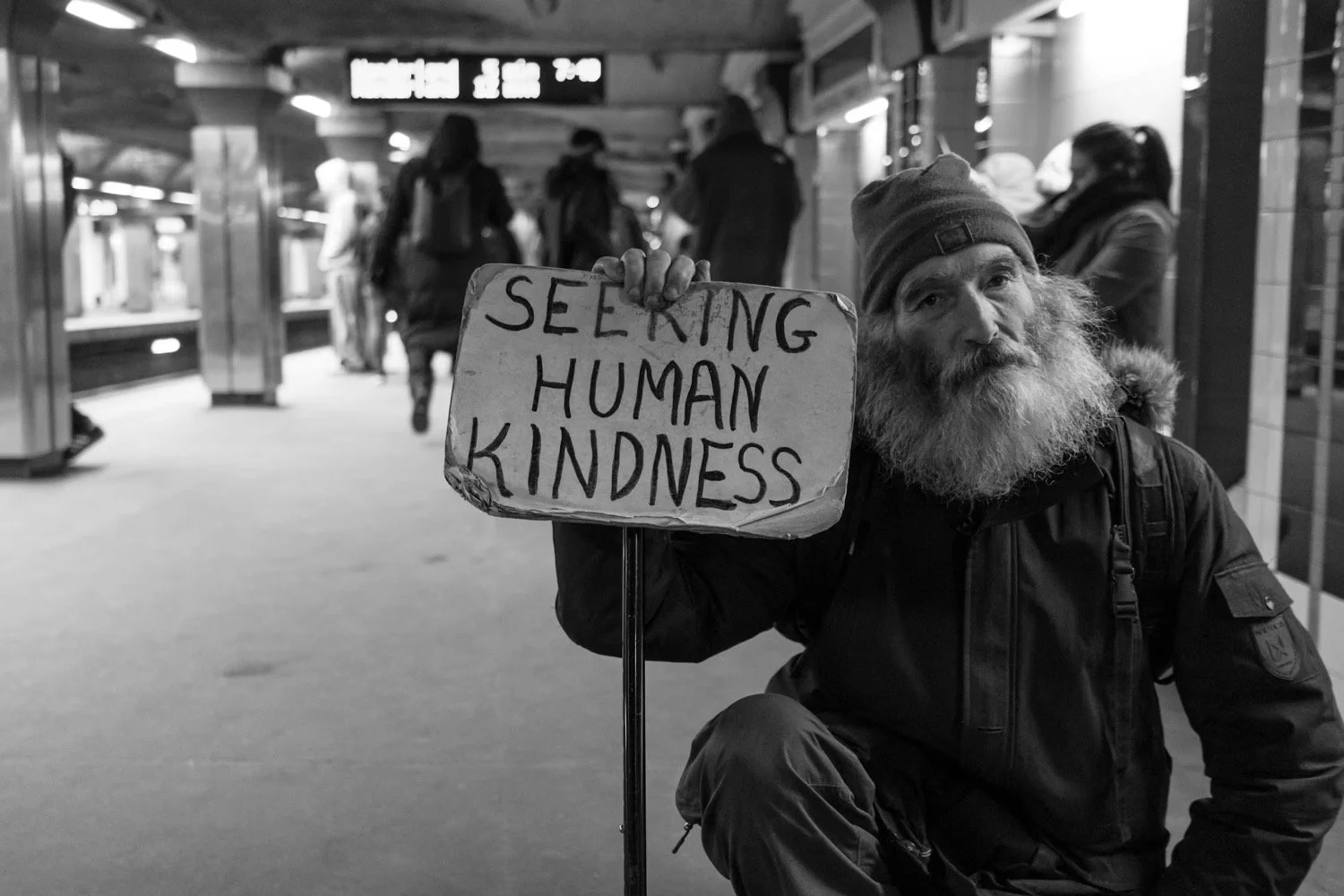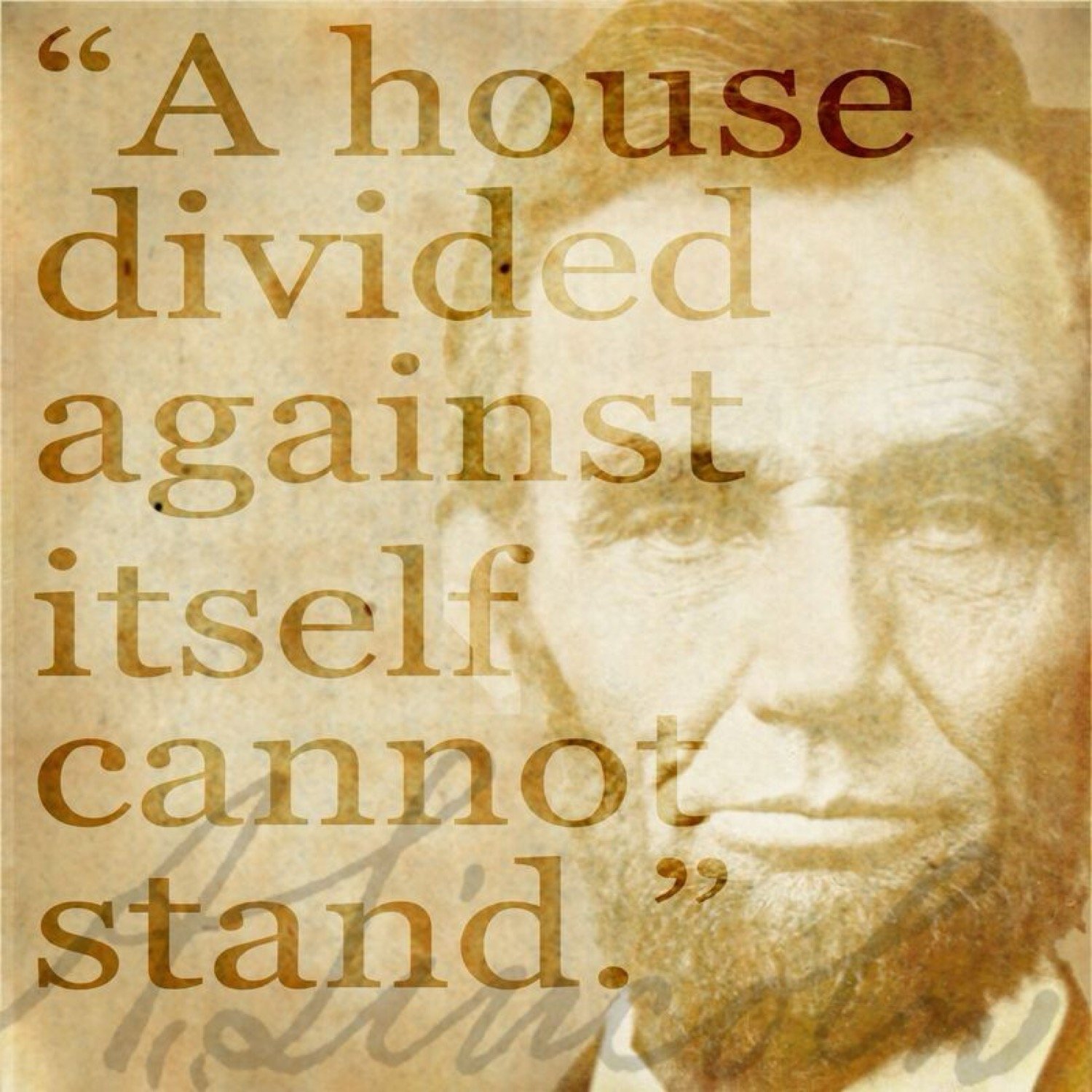Readings for today: Exodus 5-9
“I am the Lord, and I will bring you out from under the burdens of the Egyptians, and I will deliver you from slavery to them, and I will redeem you with an outstretched arm and with great acts of judgment. I will take you to be my people, and I will be your God, and you shall know that I am the Lord your God, who has brought you out from under the burdens of the Egyptians. I will bring you into the land that I swore to give to Abraham, to Isaac, and to Jacob. I will give it to you for a possession. I am the Lord.”(Exodus 6:6-8)
I remember sitting in a seminary classroom listening to a professor discount the Exodus. He decried it as a mythological story. An event that never took place. At least not in the way it’s told by the Bible. Instead, he suggested all kinds of replacement theories of his own. Each one more strange than the next. He argued it was a propaganda piece designed to give a group of people an identity. He argued the original Hebrews were a migrant, nomadic people who needed to give themselves political justification for settling down. He argued the Exodus never happened as a mass event but a series of migrations over time. All this sounded well and good until one student raised their hand and asked, “How can we describe God as deliverer if He never actually delivered anyone?” Silence. The professor began to stutter and stumble but the damage was done. His lofty arguments brought low by the simple, profound truth that propaganda pieces simply do not have the staying power he suggested. The fact that Israel has been telling and re-telling this story for centuries is strong evidence for it’s historical veracity. Furthermore, the fact that so many marginalized and oppressed people have found inspiration and hope in this story suggests it must have a basis in truth. And perhaps most damningly, how in the world can we honestly believe in God as deliverer if He never actually acted within human history to deliver His people?
Thankfully, the overwhelming testimony of history stands against those who would seek to diminish this story. Just the fact that the Jewish people still exist when so many other tribal people groups disappeared should stand for something. After all, Israel was never a powerful empire like Egypt. Never attained cultural hegemony like Greece. Never exerted a powerful military presence like Rome or Babylon or Persia. At best, even under King Solomon, she remained a regional power, taking advantage of the lulls between the much greater empires that surrounded them. Secondly, arguing from the “silence” of the archaeological record has never been persuasive. Those who decry the lack of evidence in the Sinai peninsula for a mass migration of people have to acknowledge the difficulty of uncovering evidence that is over 3,000 years old. After all, they are finding military equipment in Sinai from the 1973 Yom Kippur War buried in over 52 feet of sand! Thirdly, it is important to read the Bible honestly. The author of the Exodus is clearly writing from the perspective of a Jew. As such, he had no interest in presenting an unbiased account. This doesn’t make the story any less true but it does mean we have to read critically, lest we miss the overarching point. God is God.. Pharaoh is not. God is sovereign even over the greatest empires on the earth. God does what He wills. When He wills. For the primary purpose of promoting His own glory. Some would say this makes God an narcissist. Quite the contrary. It’s part and parcel of what makes Him God.
The truly incredible part of the story to me is not even the deliverance of Israel from slavery in Egypt. It’s the fact that God chooses to reveal Himself at all. If there is a God who stands outside time and space. A God who creates and rules over all He has made. An omnipotent, omnipresent, omniscient Being who exists eternally in perfect relationship within Himself. Then He has no need of me. No need of us. No need of a people to call His own. This God has no need to enter history. No need to reveal Himself. He is not beholden to us. He doesn’t owe us a thing. But what the Exodus makes clear is that this God desires a relationship with us. He makes Himself known to us. Not only that but He makes Himself known to us in a particular way. He is deliverer. He is redeemer. He is savior.
As seminal an event as the Exodus is for the people of Israel, it is but a foreshadowing of the “Exodus” that will take place on the cross. As Jesus hangs between heaven and earth, all of the “plagues” God stored up against the sin of humankind are poured out Him. He cries out in anguish. He thirsts. He suffers. He is in tremendous pain. He feels the lash of the whip. He endures the harsh words of the taskmaster. By becoming sin for us, Christ delivers us. He rescues us. He breaks the power of sin and death and rescues us from spiritual slavery to the devil. In short, He sets us free. This, friends, is how God chooses to make Himself known to the world. As a God who delivers! A God who redeems! A God who saves! May you place your trust in Him today!
Readings for tomorrow: Exodus 10-13




